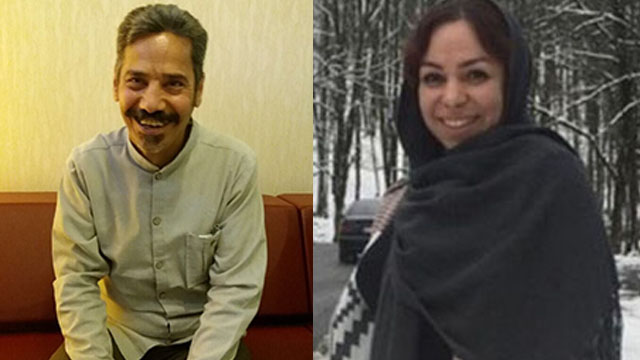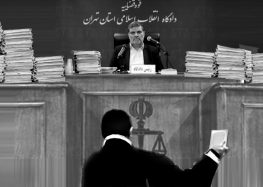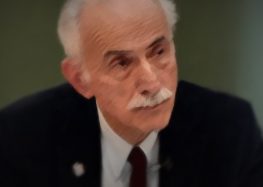Reformist Journalist, Activist Arrested in Run-Up to Iran’s 2017 Election Post Bail

Ailing Human Rights Lawyer Granted Brief Furlough
Journalist Tahereh Riahi and civil rights activist Mona Moafi, both reformists, were released on bail on June 24, 2017 while prominent human rights lawyer Abdolfattah Soltani was granted a brief furlough.
Riahi, who worked for President Hassan Rouhani’s 2013 election campaign as a member of his media team, was initially arrested on February 13, 2017 by Intelligence Ministry agents—three months before Rouhani ran for a second term on May 19.
Accused of “propaganda against the state,” Taheri was held in solitary confinement in Evin Prison’s Ward 209 and later Ward 240 during her five-month detention. She posted bail at 300 million tomans ($92,500 USD).
Moafi, who also posted bail at 300 million tomans, is a civil rights activist who worked at the Psychology and Counseling Organization in Tehran at the time of her arrest on January 25, 2017 by Intelligence Ministry agents.
She was also accused of “propaganda against the state” for peacefully engaging in her profession.
In August 2017, Moafi was one of more than 200 journalists who signed a petition condemning a conservative member of Parliament for beating and injuring a fellow reporter.
According to the reformist Kalame website, Moafi has not engaged in political activism.
Photojournalist Asal Esmailzadeh, a member of Rouhani’s media team for his second-term campaign, was arrested on June 19.
Since December 2016, during the run-up to Iran’s presidential and local councils elections on May 19, more than 20 journalists and civil rights activists were detained by either the Islamic Revolutionary Guard Corps (IRGC) or the Intelligence Ministry.
Those who remain behind bars include reformist political activist Hengameh Shahidi, once an advisor to detained former presidential candidate Mehdi Karroubi, as well as six administrators of reformist Telegram channels: Ali Ahmadnia, Mojtaba Bagheri, Sobhan Jafari-Tash, Javad Jamshidi, Nima Keshvari and Saeed Naghdi.
Shahidi, a former reporter for the Norooz reformist newspaper, went on hunger strike on March 15.
The detained Telegram channel admins began their hunger strikes on June 19 to protest their detention without charge and the denial of legal counsel since their arrest in mid-March 2017.
Soltani’s Brief Reprieve
Meanwhile, ailing human rights lawyer Abdolfattah Soltani, 64, who represented scores of dissidents and political prisoners during his career, was granted a four-day furlough after his family made numerous pleas to the judiciary.
He was previously granted medical furlough only once during six years of imprisonment, despite suffering from various ailments “including blood pressure fluctuations, anemia and severe digestive problems,” according to his daughter Maedeh Soltani.
Furlough, temporary leave typically granted to prisoners in Iran for a variety of familial, holiday, and medical reasons, is routinely denied to political prisoners as a form of additional punishment.
Soltani, who was named winner of the Nuremberg International Human Rights Award in 2009, has been serving a 13-year prison since 2011 after being convicted of “propaganda against the state,” “assembly and collusion against national security” and “amassing pelf [forbidden funds].”
Soltani will become eligible for parole after serving 10 years of his sentence. However, he could be freed sooner if the judiciary agrees to apply Article 58 of Iran’s Islamic Penal Code to his case.
According to the article: “…[T]he deciding court can issue the order of conditional release for convicts sentenced to more than ten years imprisonment after half of the sentence is served, and in other cases after one-third of the sentence is served.”
“We have frequently asked the judiciary to make an independent decision on my father’s case,” Maedeh Soltani told CHRI in November 2016.
“We want them to either facilitate my father’s freedom or hold a new trial with a fair and impartial judge to investigate my father’s case,” she added.






